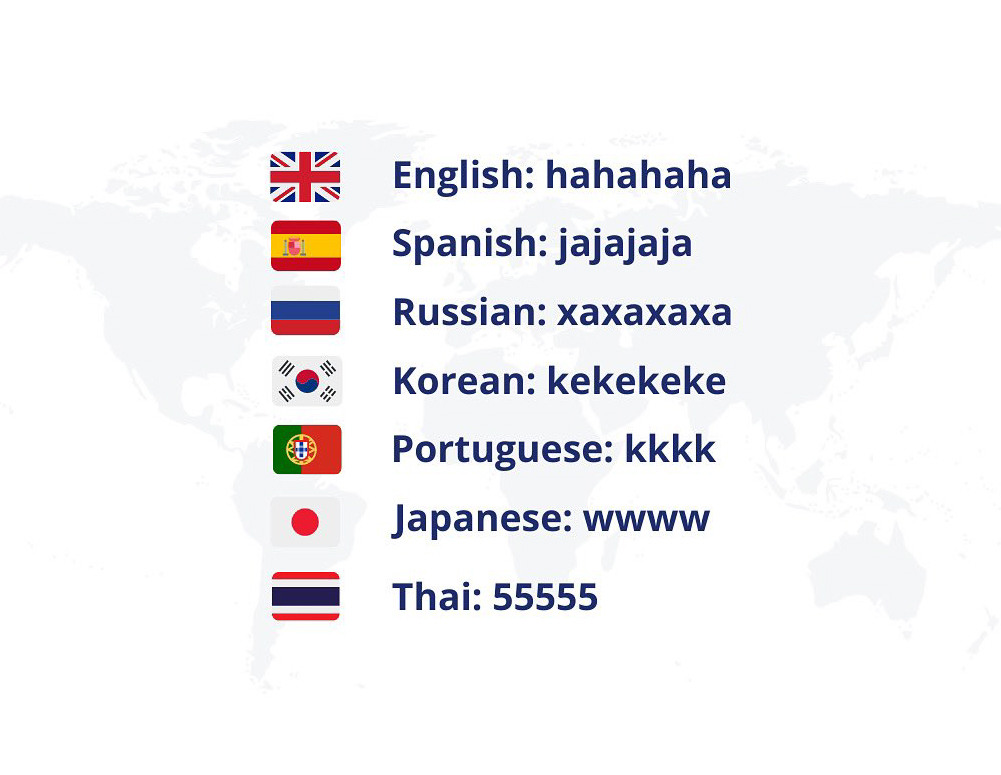Why humour is so hard to translate
|
Font size:
What is really humour?
Many linguists and scholars have tried to give a concrete definition of humour. However, it seems to be as challenging as translating it. Experienced translators sometimes argue that some forms of humour just remain untranslatable. According to Diot: “When it comes to translating humour, the operation proves to be as desperate as that of translating poetry” (Diot 1989: 84). The degree of untranslatability, whether relative or absolute, is often influenced by language and cultural factors. Humour occurs when rules don’t apply, when things are viewed out of the ordinary, and it might give a different perspective on facts or problems. Most of the time, humour is a type of social play, and when it works, people react with laughter. On the one hand, this means that any errors in translation will be quite evident; for instance, it will be clear that the translator made a mistake when no one laughs at the translated text. The “rules,” “expectations,” “solutions,” and agreements on “social play” are frequently culture-specific, which poses a challenge for the translator.
Is this really funny? I don’t get it!
Translate this and make it funny again
Your language, your humour














